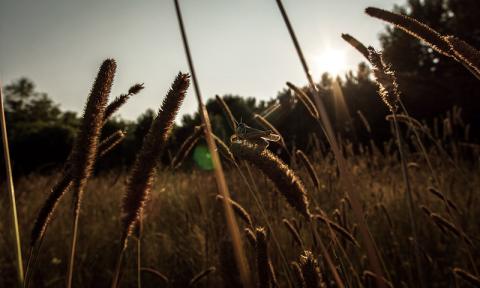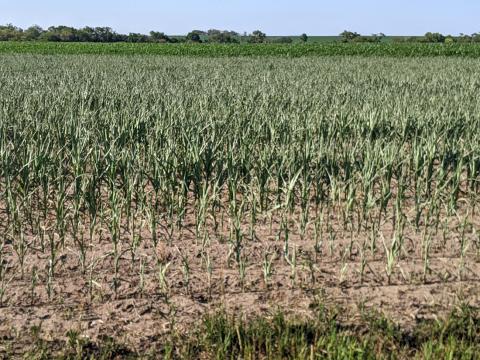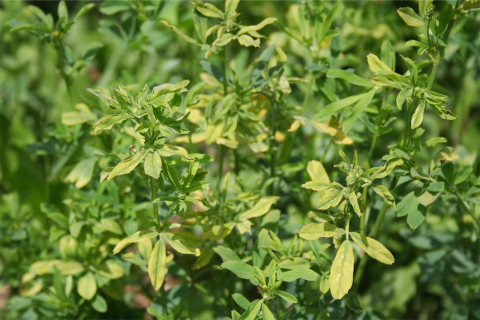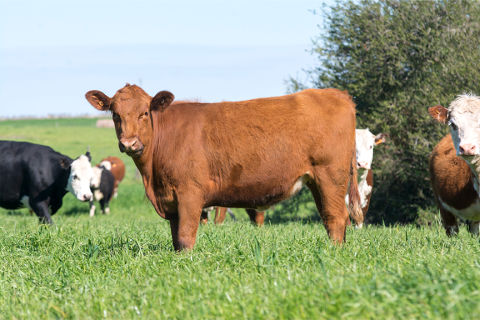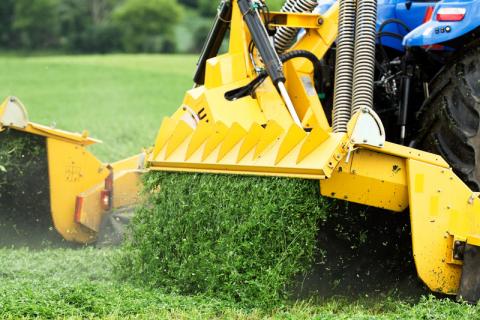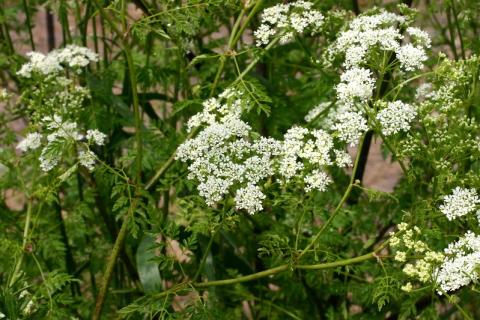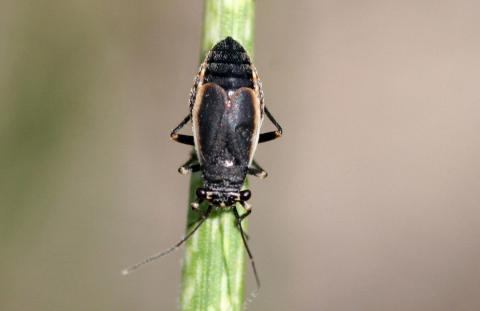Pasture and Forage Minute: Grasshopper Control, Sub-irrigated Meadow Hay Harvest
July 7, 2023
Extension insights on grazing strategies to accommodate weather changes, grasshopper scouting and treatment recommendations, and tips for getting the most out of sub-irrigated meadow hay harvest in Nebraska.
Forage Options for Drought-stressed Non-irrigated Vegetative Corn and Nitrate Concerns
June 29, 2023
UNL experts share recommendations for producers who are considering using non-irrigated drought-stressed corn as forage.
Pasture and Forage Minute: Drought-stunted Alfalfa Options, Bluegrass Control
June 27, 2023
Recommendations for producers facing short alfalfa stands from drought stress and encroaching bluegrass, plus water needs for livestock during summer.
Tips for Integrating Annual Forages into Your Production System
June 23, 2023
During a free webinar next Thursday, UNL specialists will discuss planting dates, seeding mixes, expected forage production and timing of forage availability for various scenarios of planting forages on cropland.
Pasture and Forage Minute: Planting Forage in Stubble and Seeding Year Alfalfa Management
June 20, 2023
Tips on planting forages into wheat and rye stubble, how to get the most from your first-year alfalfa and controlling yucca plants on rangeland in western and central Nebraska.
Pasture and Forage Minute: Low Hay Stocks, Grazing Shifts, Toxic Pasture Plants
June 13, 2023
With the lowest level of hay stocks since 1974, extension educators stress the importance of taking inventory of feed and hay resources, and to begin planning for next year's needs right now.
Pasture and Forage Minute: Irrigating First Cutting Alfalfa, Black Grass Bugs and Short Pastures
June 9, 2023
This week — irrigation strategies for moisture-stressed alfalfa prior to first cutting, controlling black grass bugs in wheatgrass, and techniques for stretching pasture.
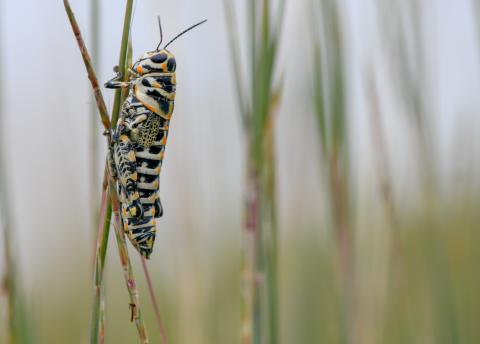
Pasture Grasshopper Management
June 8, 2023
Prolonged drought conditions have increased the potential for problematic grasshopper populations this growing season, particularly for counties in the western two-thirds of Nebraska.
